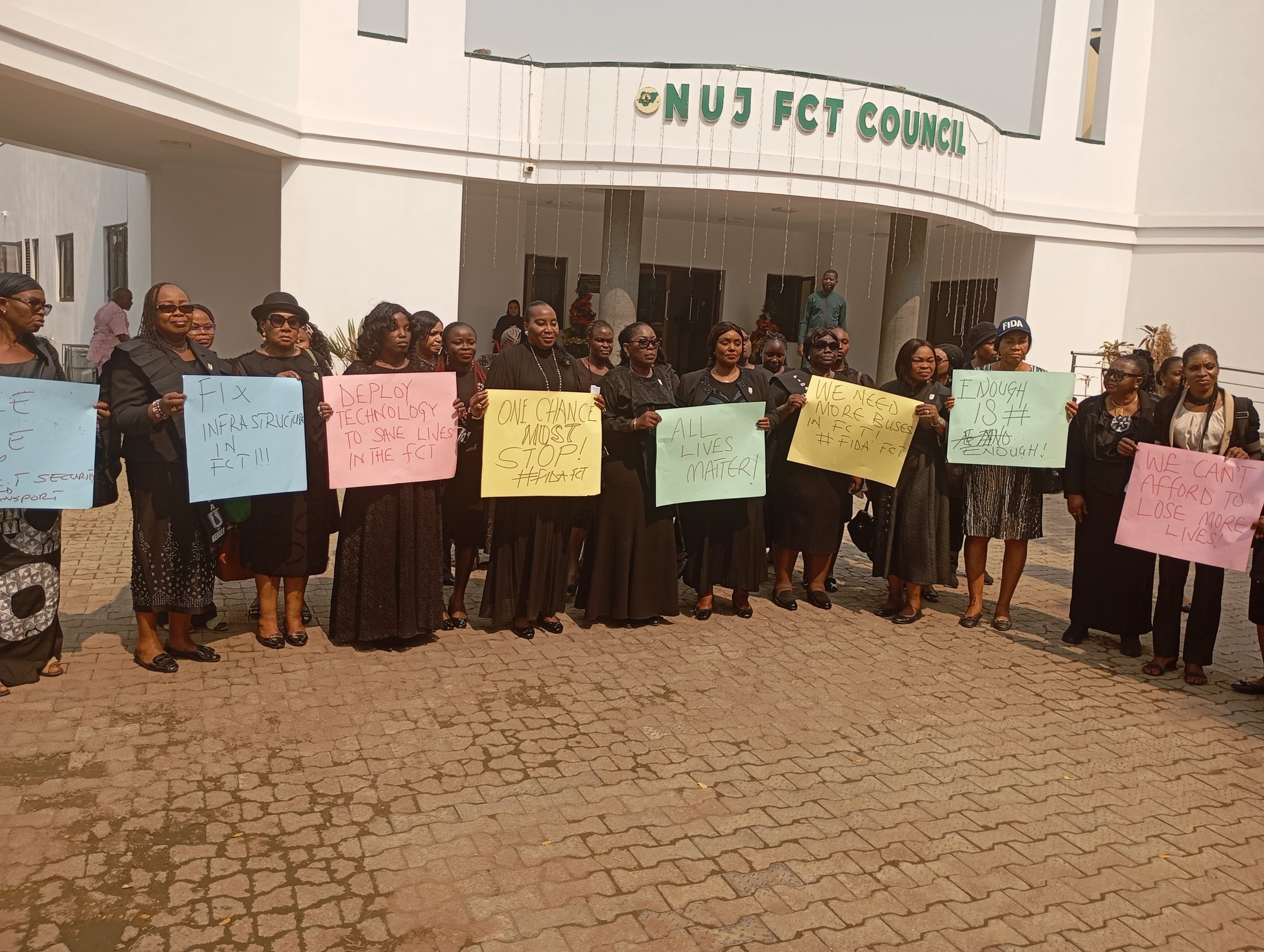The Centre for Economic Growth and Monetary Reforms (CEGMR) has commended the Central Bank of Nigeria (CBN) for its handling of the country’s monetary policy, citing recent gains in inflation moderation, external reserves, and investor confidence as evidence of improved macroeconomic stability.
In a statement released on Monday, the Centre’s Executive Director, Dr Mary Odoma, said the policy direction under CBN Governor Olayemi Cardoso was beginning to deliver tangible outcomes following months of economic volatility.
“Monetary policy is not magic, but discipline pays off,” Dr Odoma stated. “The CBN’s commitment to consistency and orthodox tools is now reflected in falling inflation, stabilising exchange rates, and a rebound in external reserves.”
According to data from the National Bureau of Statistics, Nigeria’s inflation rate dropped slightly to 23.71% in April 2025, down from 24.23% in March. While the decrease may appear modest, the Centre described it as a “critical turning point” given persistent food price pressures and currency volatility in recent years.
CEGMR also noted the rise in Nigeria’s external reserves, which have surpassed $38.9 billion, a development it attributes to improved monetary management, reduced short-term obligations, and ongoing foreign exchange reforms.
“This signals growing credibility,” Dr Odoma said. “Not long ago, sentiment around the naira was dominated by volatility. Today, we are seeing improved stability and fewer distortions in the FX market.”
The Centre praised the CBN’s focus on long-term reforms rather than short-term fixes, describing its current approach as a “departure from politically driven interventions that did little to address structural weaknesses.”
Investor sentiment, according to the Centre, is also showing signs of recovery. “Ratings outlooks are improving, GDP projections are trending upward, and foreign capital flows are beginning to return,” Dr Odoma added, citing forecasts of over 4% GDP growth for 2025.
She credited this optimism to what she called “data-driven leadership” at the apex bank, anchored in transparency, research, and consistent communication.
“Governor Cardoso is restoring the CBN’s role as a stabilising institution, not a political tool,” the statement read. “This is what had been missing.”
However, the Centre cautioned that monetary gains must be matched by coordinated action from fiscal authorities to sustain momentum.
“Inflation is not solely a monetary phenomenon. Fiscal reforms, food security, energy supply, and insecurity must also be addressed to create lasting relief for Nigerian households,” Dr Odoma said.
She advised against premature interest rate cuts, warning that such a move could undermine the credibility the Bank has worked to rebuild.
“A hasty retreat from tightening would risk reversing progress. The Bank should be allowed to consolidate its position and guide inflation lower without external pressure.”
The Centre also called on the National Assembly and other political actors to support the CBN’s autonomy, urging them to avoid “populist distractions that could derail economic reform.”
Concluding the statement, Dr Odoma said the progress made in recent months should inspire confidence in the CBN’s capacity to steer Nigeria through current economic challenges.
“For the first time in years, we are beginning to see a framework for economic order re-emerge. That alone is worth recognising,” she said.






